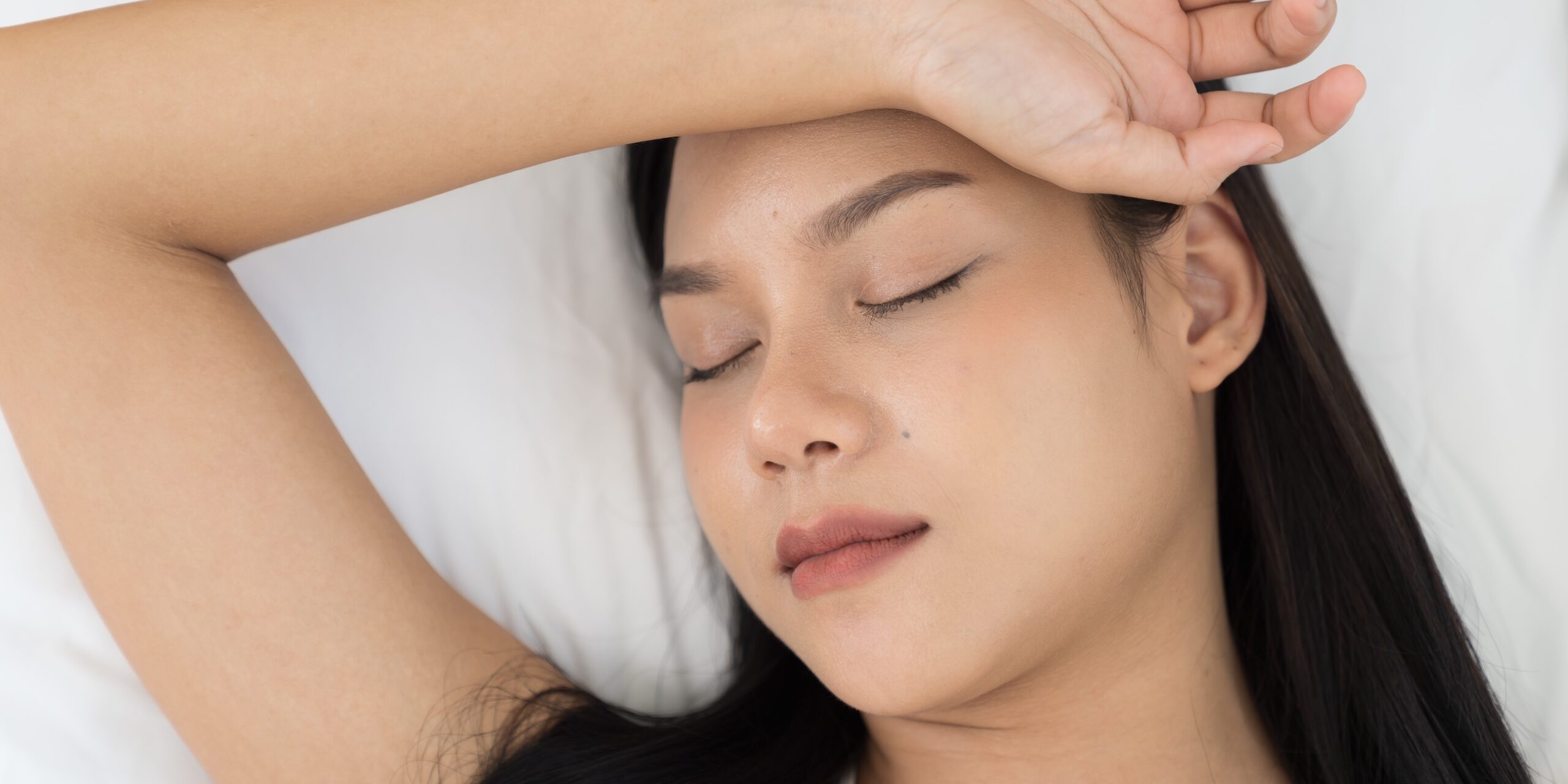It’s amazing what a good night of sleep can do.
Getting proper rest boosts your immune system, improves your memory and cognitive function, reduces stress, regulates hormones that control your metabolism and weight, and lowers your risk for serious health conditions.
And there’s a reason why it’s called “beauty sleep” – all the restoration and healing that occurs during sleep also has a major impact on your skin.
Experts say that adults need at least seven hours of sleep each night to get the maximum health benefits, but the American Academy of Sleep Medicine reports that nearly 30 percent of adults skimp on sleep on a regular basis. Are you one of them? The skin care experts at The Derm encourage you to learn more about the effects of sleep deprivation on your skin and commit to getting the ZZZZs you need. Your skin will thank you for it!
Sleep deprivation and skin damage
When you sleep, your body goes into full-on repair mode – and that includes your skin. Throughout the night, your skin works to repair the damage caused by , UV rays, and other stressors, regenerate new skin cells, and more.
The benefits of proper sleep for your skin include:
- Collagen production – When you get sufficient rest, your body produces more collagen – a protein that is essential to maintaining your skin’s elasticity and firmness. Increased collagen production also helps reduce the appearance of fine lines, wrinkles, and other signs of premature aging.
- Skin hydration – Sleep deprivation can disrupt your skin’s natural moisture balance, making your skin appear dull, dry, or rough. Lack of hydration also makes your skin more prone to irritation. Getting proper sleep helps your skin retain its moisture and stay hydrated.
- Less inflammation – Chronic inflammation is a common factor in dermatology conditions like acne, eczema, psoriasis, and rosacea. Adequate sleep reduces inflammation in your body, improving the health and appearance of your skin.
- Fewer signs of fatigue – Sleep deprivation often causes your blood vessels to dilate, leaving you with dark circles under your eyes. Fluid can also accumulate, causing puffiness and swelling. Getting enough sleep helps reduce these telltale signs of fatigue so you look more rested and refreshed.
How much sleep is enough?
Again, the Centers for Disease Control and Prevention (CDC) and other health organizations recommend that adults between the ages of 18-60 get at least seven hours of sleep per night. Teens between the ages of 13-18 – whose fluctuating hormones often lead to acne and other skin conditions – should get between 8-10 hours of sleep per night.
Effects of Sleep Deprivation on Skin
When you’re sleep-deprived, it shows on your skin! Even just one night of poor sleep can result in short-term effects, while persistent sleep loss can leave long-term effects that require a dermatologist’s care.
Short-term effects of sleep deprivation
After a sleepless night, you may awaken with:
- Dull complexion – Not getting enough sleep raises your cortisol levels and triggers inflammation, which breaks down the proteins that help keep your skin smooth and glowing.
- Redness – Because sleep deprivation affects your body’s circulation, less oxygen and nutrients are delivered to your skin, making it more susceptible to redness.
- Dark circles and puffy eyes – When your blood vessels dilate due to lack of sleep, the result is often dark circles and/or puffiness below your eyes.
Long-term effects of sleep deprivation
While short-term effects often improve after a few nights of extra sleep, the long-term effects of chronic sleep deprivation are usually more severe, such as:
- Accelerated aging – Insufficient sleep is associated with many signs of premature aging, including fine lines, wrinkles, frown lines, and crow’s feet.
- Collagen breakdown – Poor sleep habits impact the amount and strength of the collagen you produce, often leaving you with less healthy skin.
- Increased acne and sensitivity – Increased cortisol levels are known to cause acne breakouts. Sleep deprivation also impairs your skin’s barrier function, increasing your likelihood of having sensitive skin.
When to see a dermatologist
If you’re experiencing skin problems due to sleep issues, it’s a good idea to visit The Derm – especially if over-the-counter remedies aren’t working.
In addition to our board-certified dermatologists and professional staff, The Derm offers cosmetic services and a full line of skin care products to help soothe sleep-deprived skin.
Book an appointment today
Are you tired of looking tired? The Derm can help! We have three state-of-the-art offices conveniently located in Glenview, Park Ridge, and Wilmette.
To get started, book an appointment at your location of choice today.







